Tag Archives: thought
04 Mar Gnosticism, Mysticism and Hard Knowledge

Neural Network science describes oft rejected explicit knowledge in neurons as “gnostic cells” or “gramma cells” suggesting one neuron knows about gramma. Not all scientists agree with associationist theories that explain learning in the context of things that pre-exist in memory. In fact, an entire school of thought flatly rejects explicit representations that form the core […]
01 Mar Hold Onto the Memories

When you see Grandmother, is there a cell or cluster of cells in your brain that light up and say: “I recognize that face – It’s Grandmother!” The Grandmother cell theory suggests that there is such a cell or group of cells where that knowledge is explicitly stored. Earlier posts included a discussion of feature selectivity […]
27 Feb Chomsky, Locke and Aristotle on Learning Language
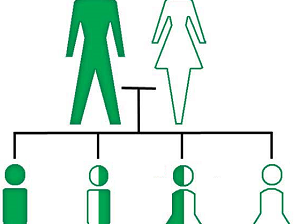
Inherited Abilities In systems design, there is a growing trend to “hard code” less into the system and leave more to be configured by the person or organization that is using the software. The growth of Rules and Workflow Engines that can be managed by non-technical users is prime evidence of this trend. And yet, the complex instruction […]
26 Feb Physiology of Learning to Generalize
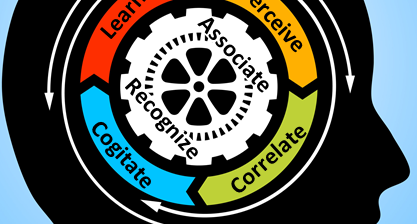
I began this blog heavily concentrating on the physiology of the brain, its cells and the way they interconnect. Learning and association are not dealt with much in those posts other than to describe ways in which the brain and its cells provide mechanisms for these activities. Many of the mechanisms of association are fairly clearly understood […]
24 Feb Neural Network Perception
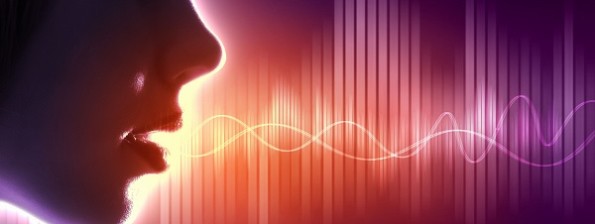
Feedback in Image Processing While the flow of electrical impulses in the brain triggered by visual stimuli travels sequentially through layers I then II then III of the visual cortex, this directional flow does not prevent impulses from other sources, including feedback loops within the visual cortex from contributing to our ability to process images. […]
22 Feb Understanding What we See
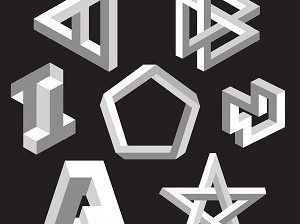
Many Japanese kanji characters (originally imported from China) are little pictures of things in the real world. For example 木 (ki) is a tree. You can see the trunk and the branches. By adding a line at the bottom 本 (hon), you get roots or origin. Put three together 森 (mori) and you have a forest. The symbol […]
20 Feb Learning Cause and Effect

Sparks of Kinesthesia When does a person begin to learn about the relationships between things that happen? Does the brain have an innate capacity to make the connections necessary to associate outcomes with catalysts? At what point does a person begin to learn that she or he can affect outcomes in the real world? One […]
18 Feb Insanity, Perception and Consciousness
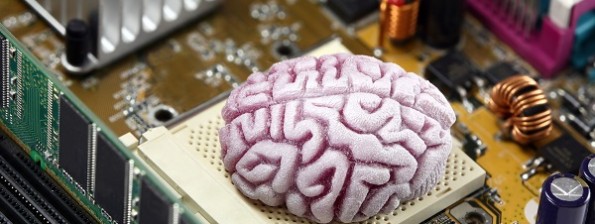
Have you ever heard voices, seen people and things others can’t see, perceived colors, sounds or sensations that weren’t really there? The human mind has amazing abilities, sometimes giving us more output than is present in the input. Is this insanity, creativity or a fluke? I can’t answer these questions in this blog, but as we […]
13 Feb Yorrick: Seeds of Knowledge

A Wise Geek once said: “Knowledge acquisition typically refers to the process of acquiring, processing, understanding, and recalling information through one of a number of methods. This is often a field of study closely tied to cognition, memory, and the way in which human beings are able to understand the world around them.” Our exploration begins […]
12 Feb Conscious Phenomena
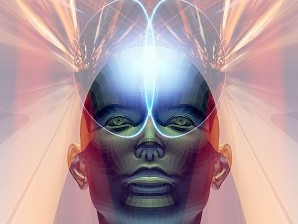
Conscious Phenomena For the past few posts, I have been exploring consciousness. Extra-sensory perception is a part, or an extension of consciousness. Are you sometimes psychic? Some people have truly remarkable extra-sensory capabilities while others do not. I read a short story by Ursula K. Le Guin, though I can’t for the life of me remember the […]




